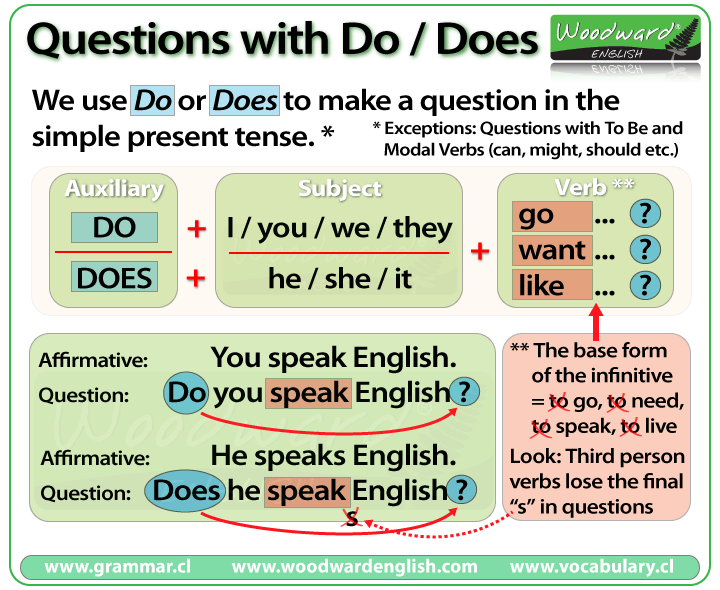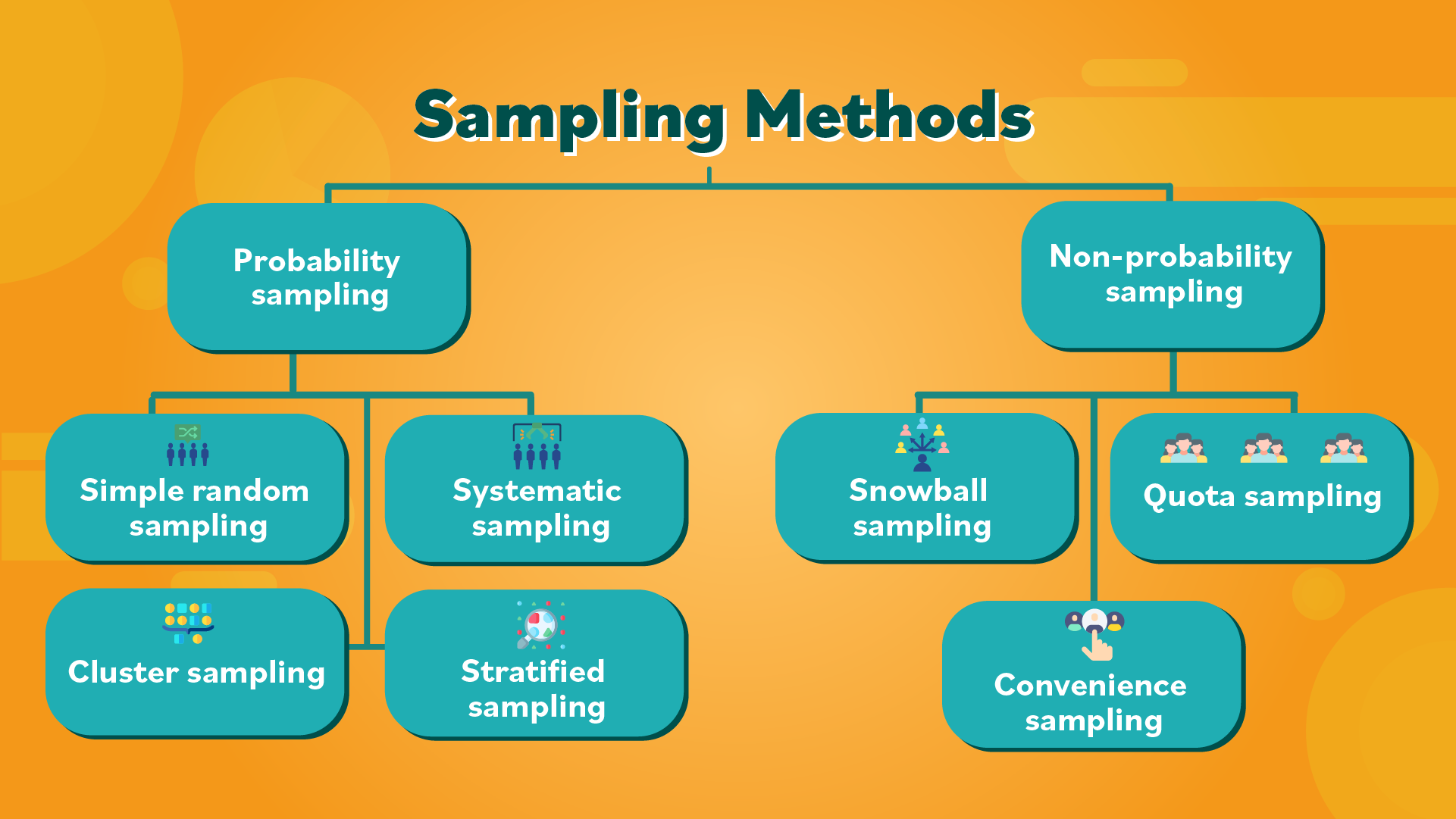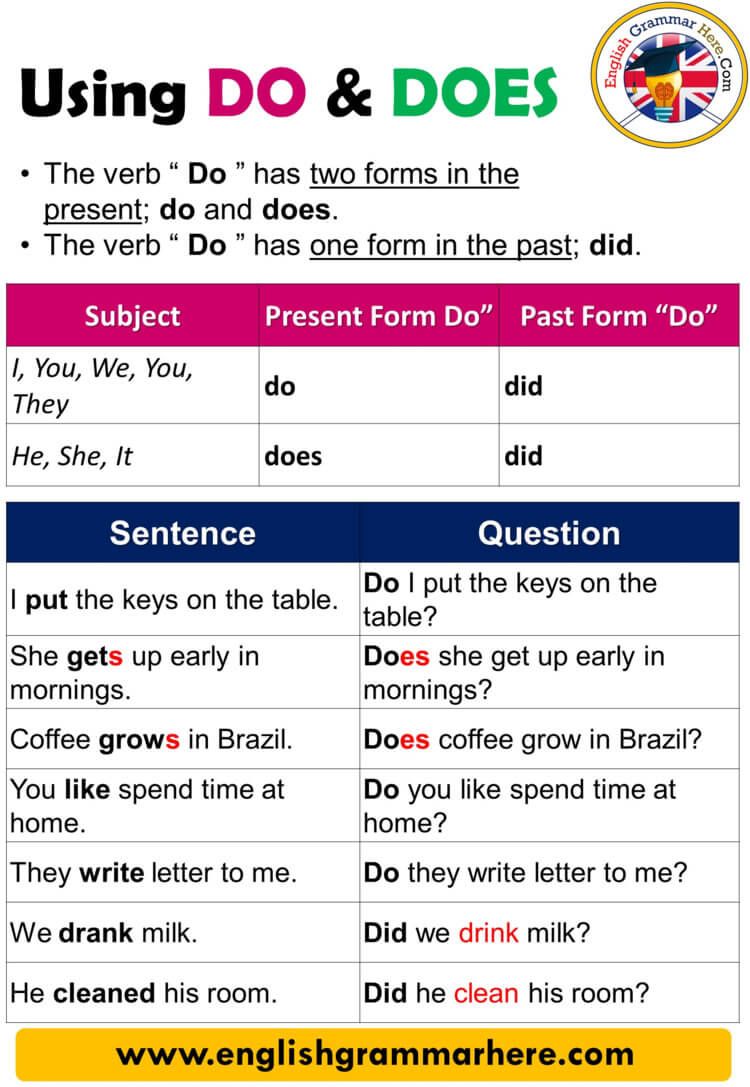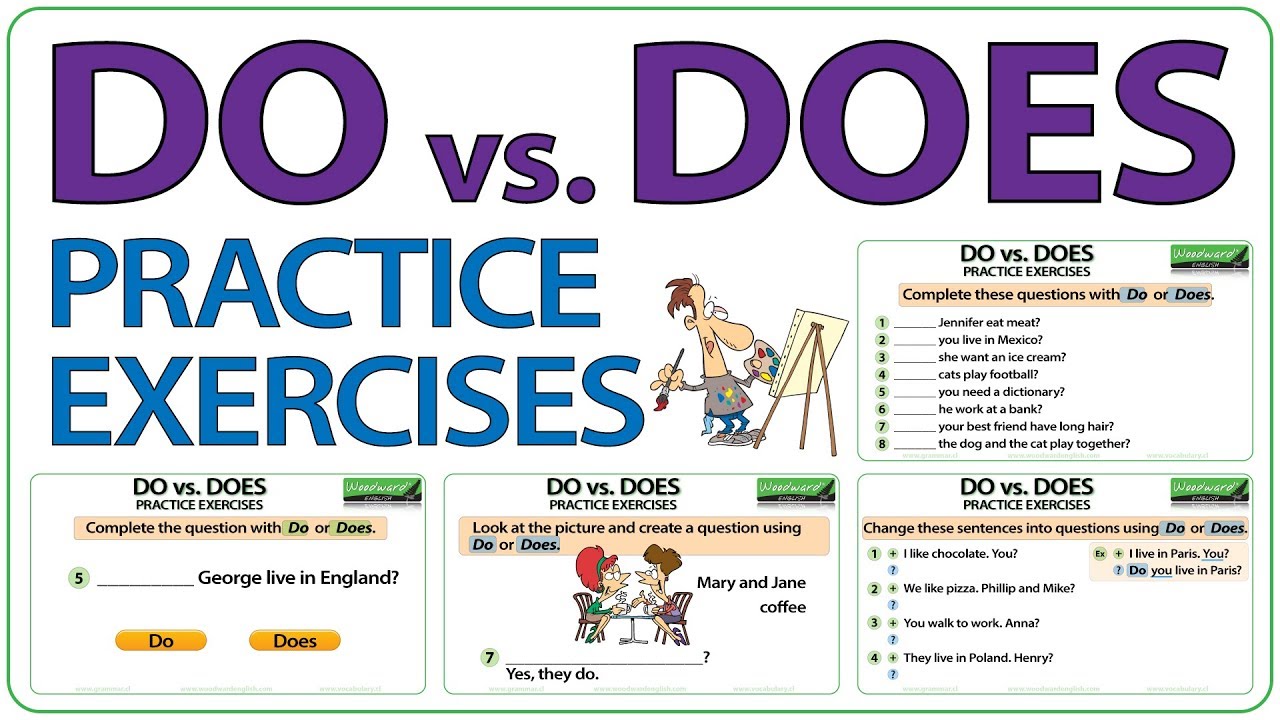Unlocking Real Estate Careers: License Opportunities, Wholesaling, and Entry Paths Without Capital
Introduction: Expanding Your Real Estate Career Options
Real estate offers a dynamic landscape for professionals with a wide range of backgrounds and interests. Whether you’re considering getting a real estate license, exploring the fast-growing practice of wholesaling, or wondering how to enter the industry with little or no money, this article provides detailed guidance, actionable steps, and real-world examples to help you chart your path. The real estate sector is not limited to buying and selling homes; it encompasses numerous career opportunities, innovative business models, and creative strategies for aspiring professionals. [1]
Section 1: What Can You Do With a Real Estate License?
Obtaining a real estate license opens doors to a variety of career tracks, far beyond the traditional role of residential sales agent. Here are key roles that licensed professionals can pursue, each offering unique advantages and skill requirements:
Traditional Real Estate Roles
- Residential Real Estate Agent : Helps buyers and sellers navigate home transactions. This role typically involves marketing properties, negotiating offers, and guiding clients through closing. [4]
- Commercial Real Estate Agent : Facilitates transactions for office buildings, retail spaces, and industrial properties. Success in this area requires understanding market trends and zoning laws. [5]
- Property Manager : Manages residential or commercial properties, handling tenant relations, maintenance, and financial oversight. This role is ideal for those with strong organizational skills. [2]
Alternative and Emerging Roles
- Real Estate Analyst : Evaluates market data, property values, and investment risk to advise clients and companies. Analytical skills are crucial for success. [3]
- Real Estate Appraiser : Determines property values for sales, loans, and insurance. Licensing requirements vary by state and may involve additional certifications. [3]
- Leasing Consultant : Works with landlords and property owners to secure tenants, often in apartment complexes or commercial settings. [2]
- Title Examiner : Researches property titles, ensuring correct ownership and facilitating legal transfers. [2]
- Real Estate Content Creator/Influencer : Utilizes social media and digital platforms to educate, market, and establish a brand presence for real estate businesses. [1]
- Proptech Consultant : Applies real estate expertise to technology and innovation, advising companies on digital solutions for property management and transactions. [1]
Key Takeaway: The average salary for brokers and appraisers can far exceed local income averages, and a license gives access to many niches and upward mobility. [1]
Getting Started
To pursue these roles, you generally need to complete pre-licensing coursework, pass a state exam, and apply for licensure through your state’s real estate commission. Specific requirements are typically found on your state’s official government website or real estate commission portal. Consider contacting local real estate brokerages for mentorship or entry-level opportunities as you get started.

Source: alamy.com
Section 2: What is Real Estate Wholesaling?
Real estate wholesaling is a strategy where an individual-often called a wholesaler-contracts to purchase a property and then assigns that contract to another buyer for a fee. The wholesaler does not generally purchase the property outright but profits by selling their rights in the contract. This method is popular among new investors because it requires little upfront capital and minimal risk compared to traditional investing.
How Does Wholesaling Work?
The wholesaler finds a property, usually one that is distressed or undervalued, and negotiates a purchase contract with the seller. Then, they seek out a buyer-often a real estate investor-who is interested in purchasing the property. The wholesaler assigns the contract to the end buyer, typically for a fee of $5,000 to $10,000, depending on market conditions and property value. The process may vary by state due to legal restrictions and licensing requirements; always consult your state’s regulations before proceeding.
Example: Wholesaling in Practice
Suppose you find a homeowner willing to sell a property for $120,000. You agree to purchase it and lock in the contract. You then locate an investor who is willing to buy the property for $130,000. You assign your contract to the investor, collect a $10,000 assignment fee, and the investor closes on the property. Throughout, you never take ownership or invest your own money in the purchase.
Challenges and Solutions
Wholesaling can be highly competitive. Successful wholesalers must be skilled negotiators and marketers, able to identify motivated sellers and cultivate a network of reliable buyers. Legal compliance is essential; some states may require a real estate license to wholesale properties lawfully. It’s crucial to consult with a licensed real estate attorney and review your state’s statutes before engaging in wholesaling.
How to Learn More
To access reputable wholesaling education, consider searching for online courses from established organizations or local real estate investing meetups. Local real estate investor associations may offer networking opportunities and mentorship. For regulatory guidance, visit your state’s official real estate commission website or consult a licensed attorney specializing in real estate transactions.
Section 3: How to Get Into Real Estate With No Money
Entering real estate with little or no capital is challenging but possible through strategic approaches and creative problem-solving. Here are proven methods and practical steps:
1. Wholesaling
As covered above, wholesaling enables aspiring investors to participate in property transactions without significant upfront investment. The key is mastering the art of negotiation and building relationships with sellers and buyers. [3]
2. Bird Dogging
Bird doggers find investment properties for other real estate investors and earn a referral fee. This approach requires strong networking skills and an understanding of what makes a property attractive for investment. To get started, join local real estate investment groups and offer your services as a property scout.
3. Real Estate Partnerships
Many real estate deals are completed through partnerships. If you lack capital but bring market expertise, deal sourcing skills, or management acumen, consider partnering with investors who can provide funding. Partnerships are formalized through contracts; always seek legal advice when structuring these relationships.
4. Working for Commission
Real estate agents, leasing consultants, and property managers typically work on commission. Entry into these roles may require licensing, but the initial investment is limited to coursework and exam fees. Consider seeking employment with established firms willing to sponsor your licensing education.
5. Financing and Grants
Some programs and organizations may offer loans or grants to aspiring real estate professionals, such as down payment assistance for first-time homebuyers or small business grants for agents. You can search for “real estate grants” or “down payment assistance programs” on official government sites like HUD.gov, or contact your local housing authority for current opportunities. Availability and qualification criteria vary by location.
Potential Challenges and Solutions
Challenge: Lack of experience or industry contacts can be a barrier. Solution: Attend local industry events, join professional organizations such as the National Association of REALTORS®, and seek mentorship from experienced agents or investors.
Challenge: Upfront costs for licensing and education. Solution: Some brokerages offer tuition reimbursement or sponsorship programs; inquire directly with local firms.
Conclusion: Actionable Steps to Launch Your Real Estate Career
To maximize your success in real estate:

Source: alamy.com
- Research and select the career track that best matches your skills and interests.
- Review state-specific licensing requirements through your state’s real estate commission website.
- Network actively by joining local professional groups and online forums.
- Explore creative entry strategies such as wholesaling, bird dogging, and partnerships.
- Consult professionals and verify legal requirements before engaging in any transaction.
- Leverage educational resources, both online and in-person, to build expertise and credibility.
The real estate industry offers a wealth of opportunities for motivated individuals. With careful planning, legal compliance, and a willingness to learn, you can build a rewarding career-even without substantial upfront capital.
References
- [1] Superior School NC (2024). Unique Real Estate Career Opportunities.
- [2] Indeed (2025). 18 Jobs You Can Do With a Real Estate License.
- [3] The Close (2025). 25 Jobs You Can Get With a Real Estate License.
- [4] AYPORealEstate.com (2021). What Can You Do With a Real Estate License?
- [5] National Association of REALTORS® (2017). Careers in Real Estate.
MORE FROM couponito.com













